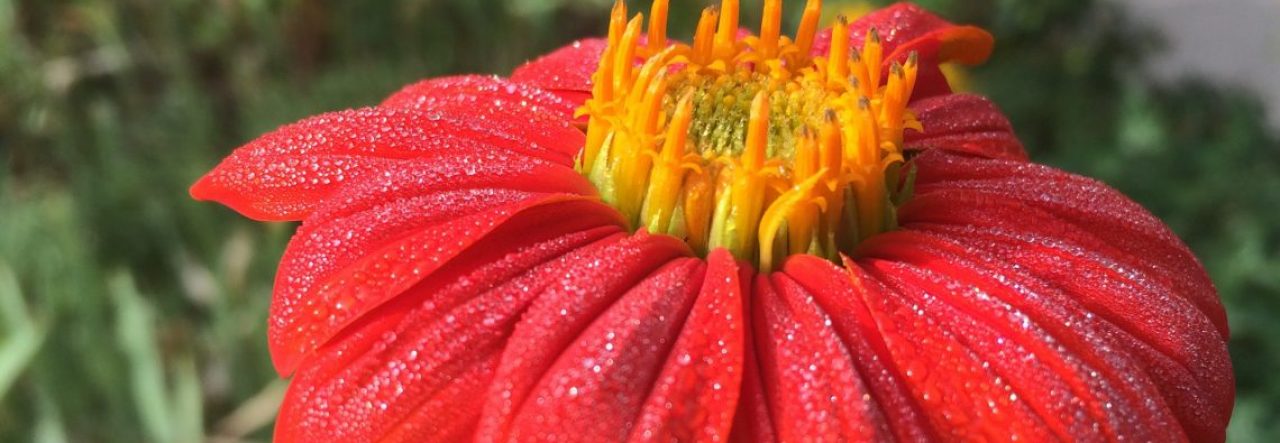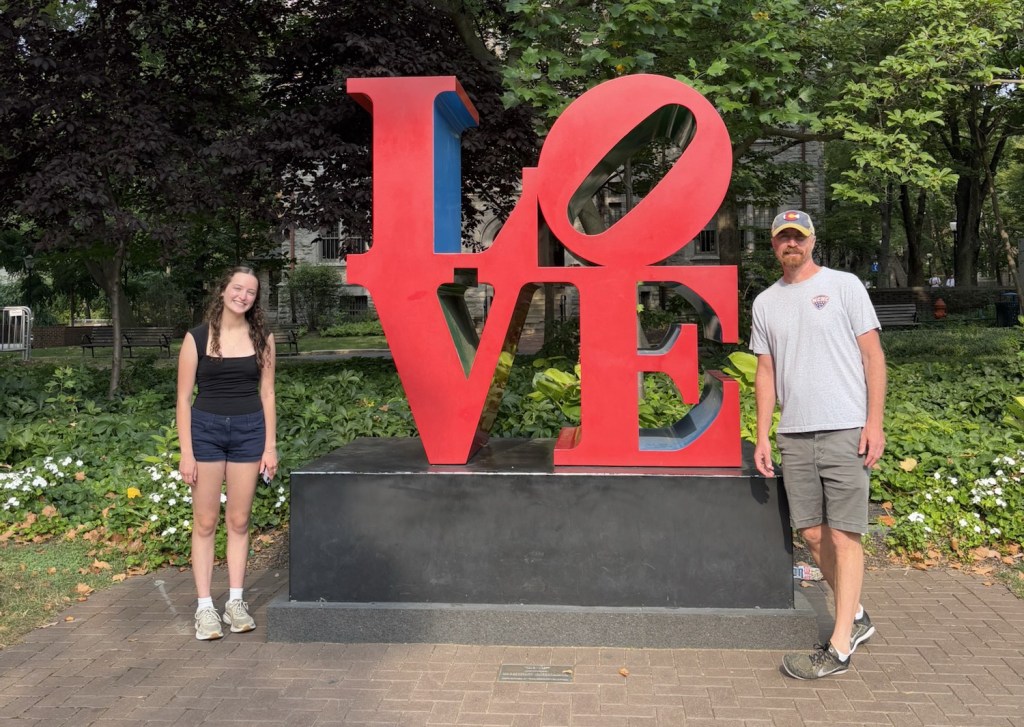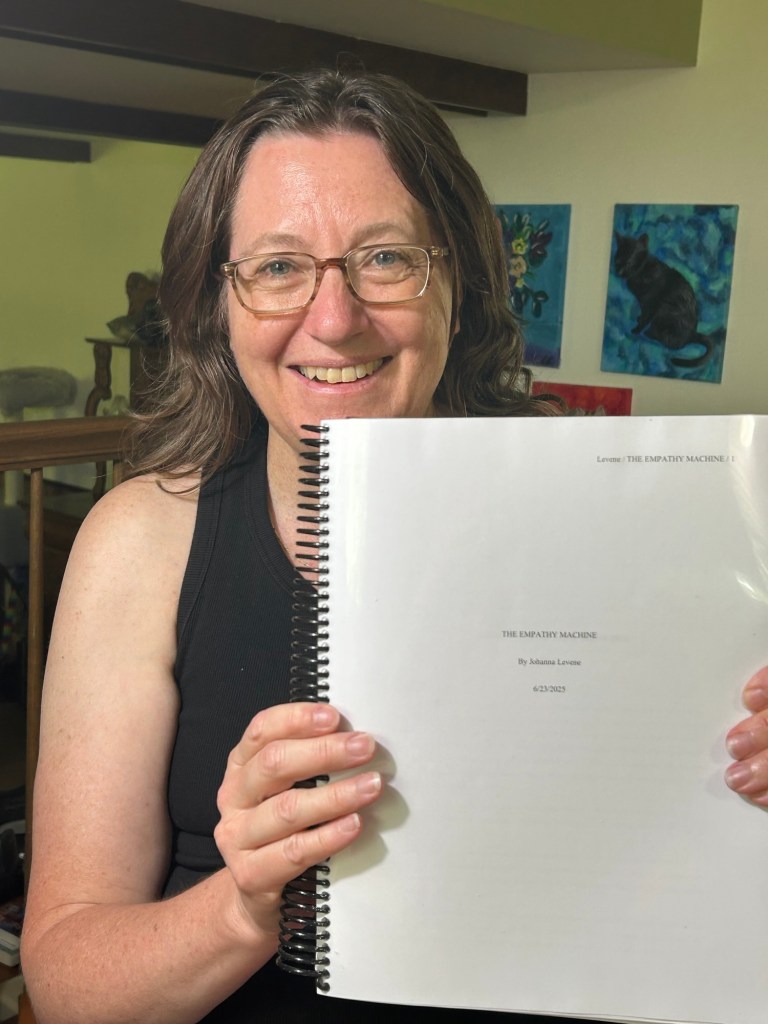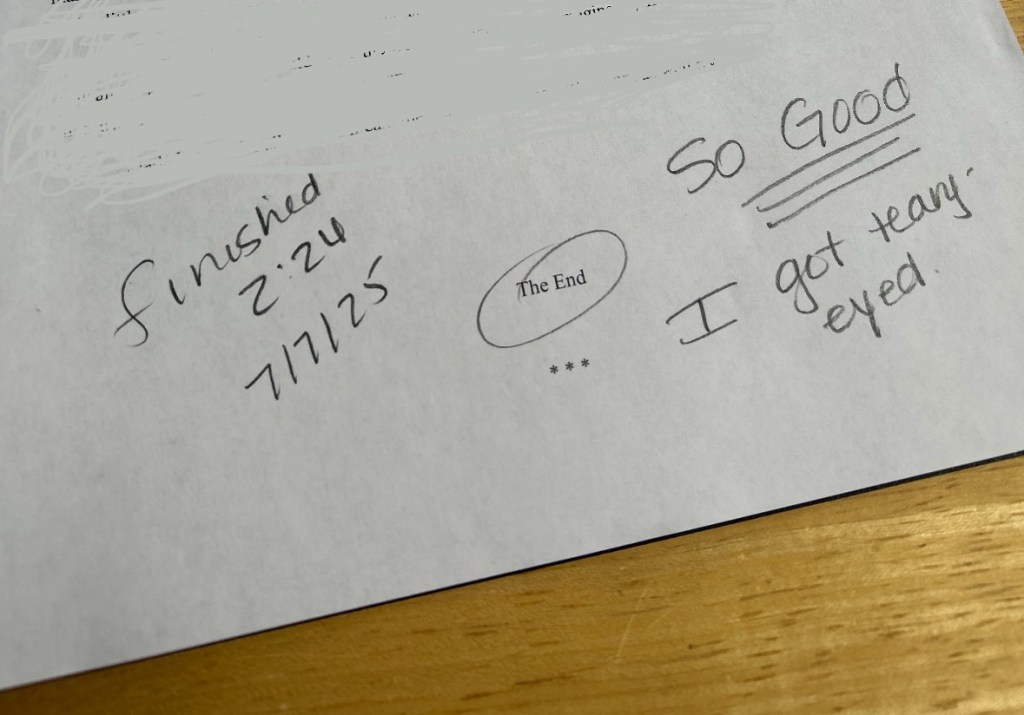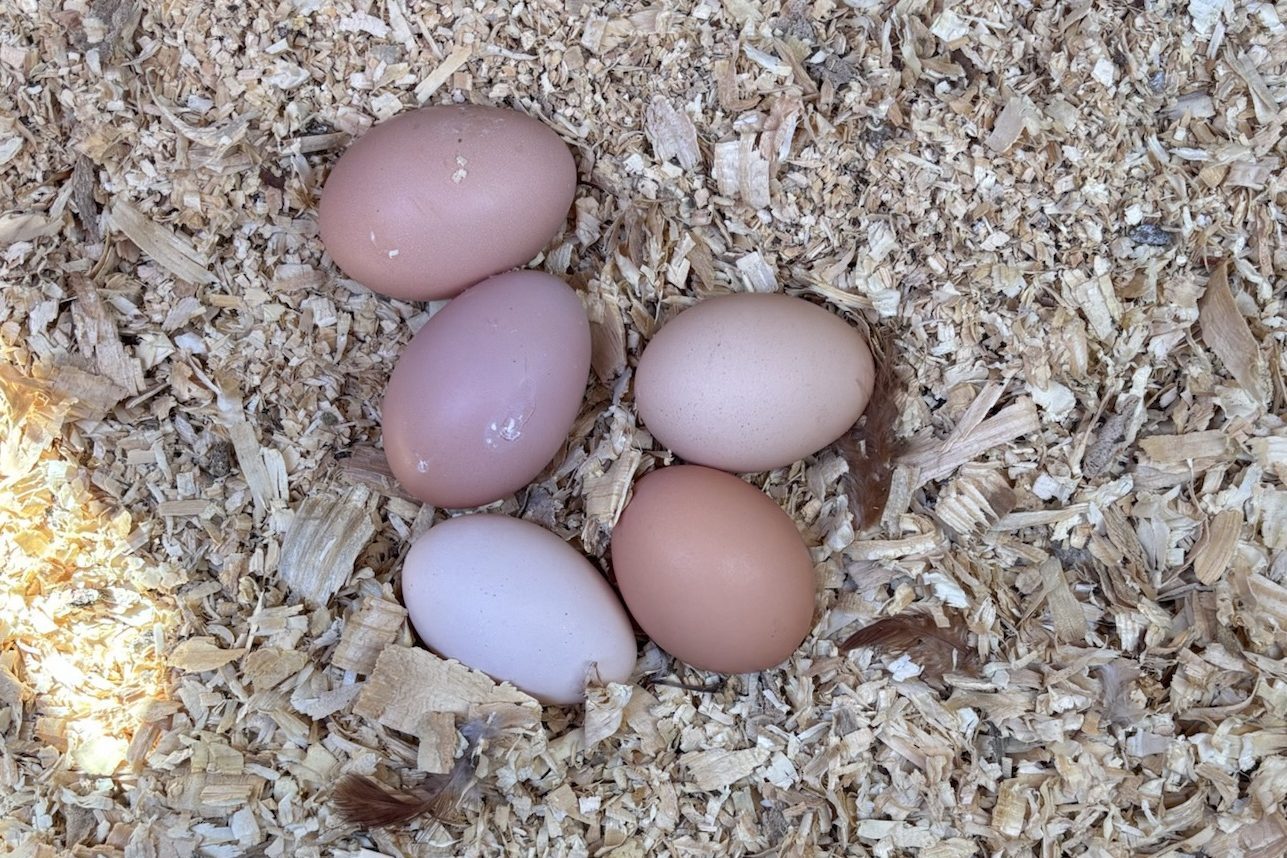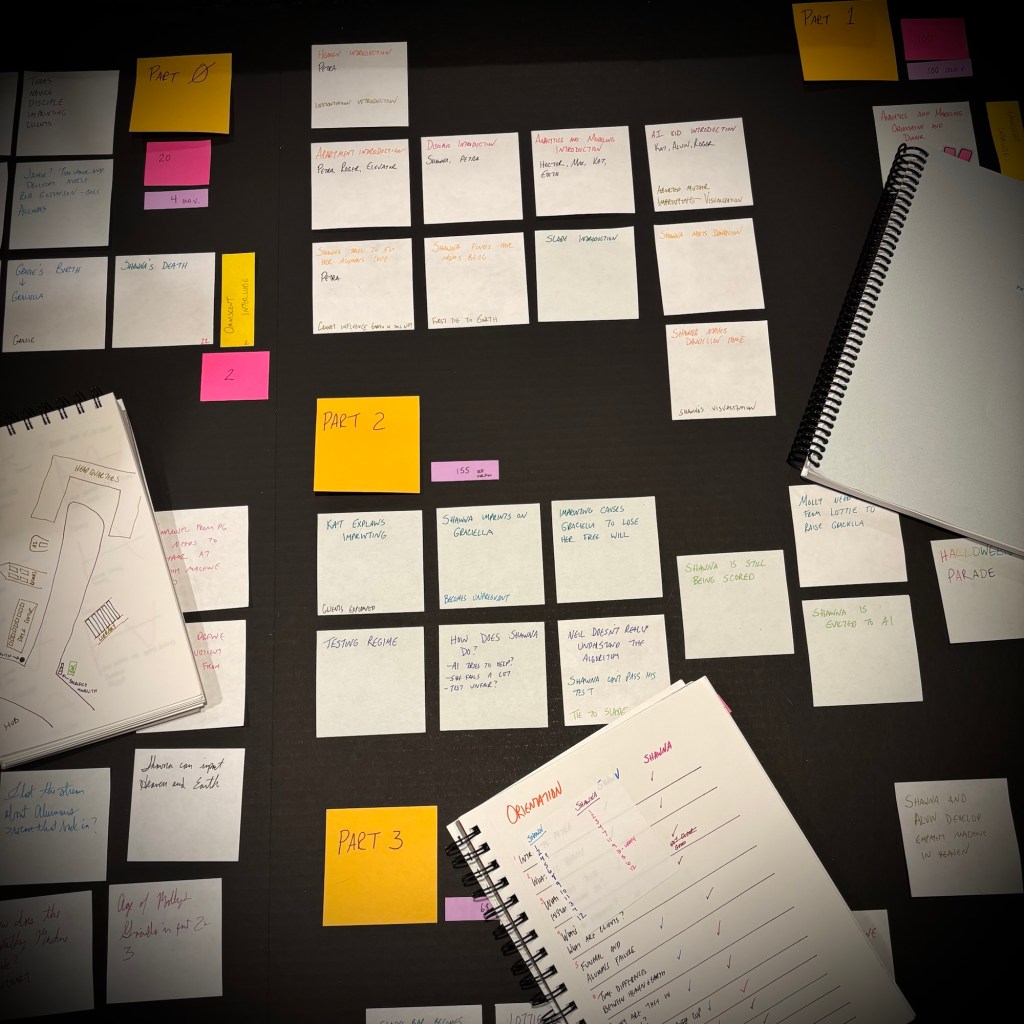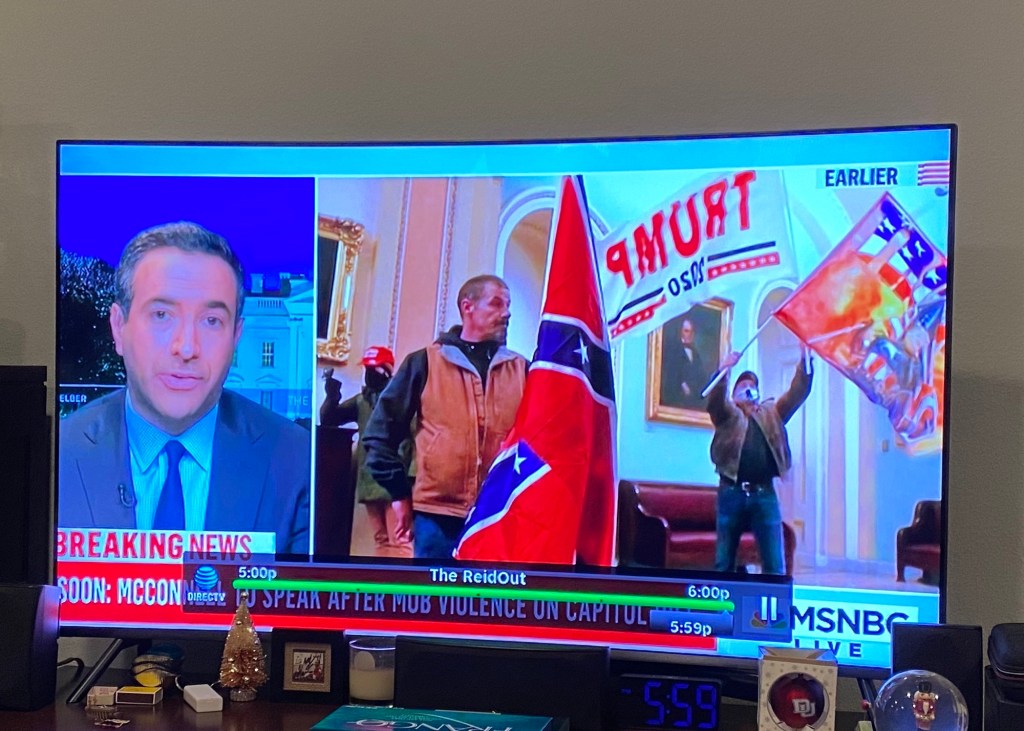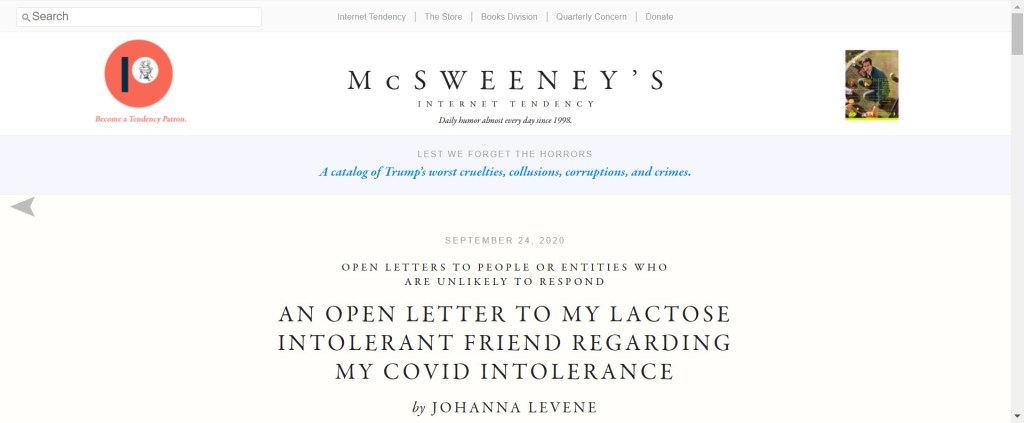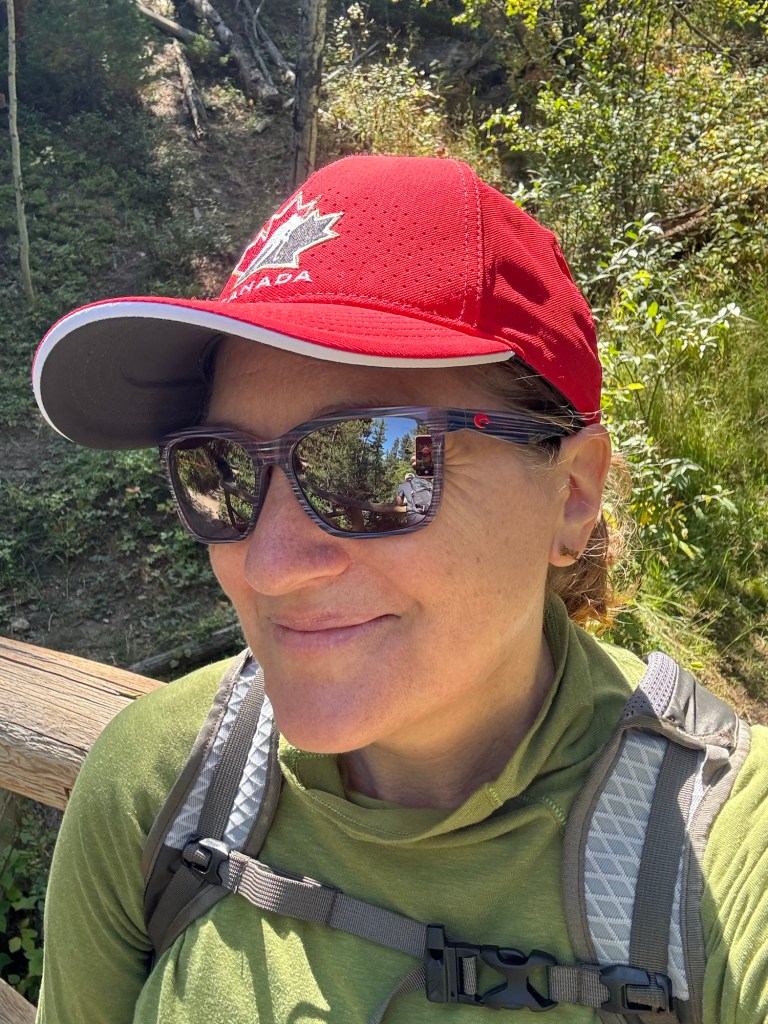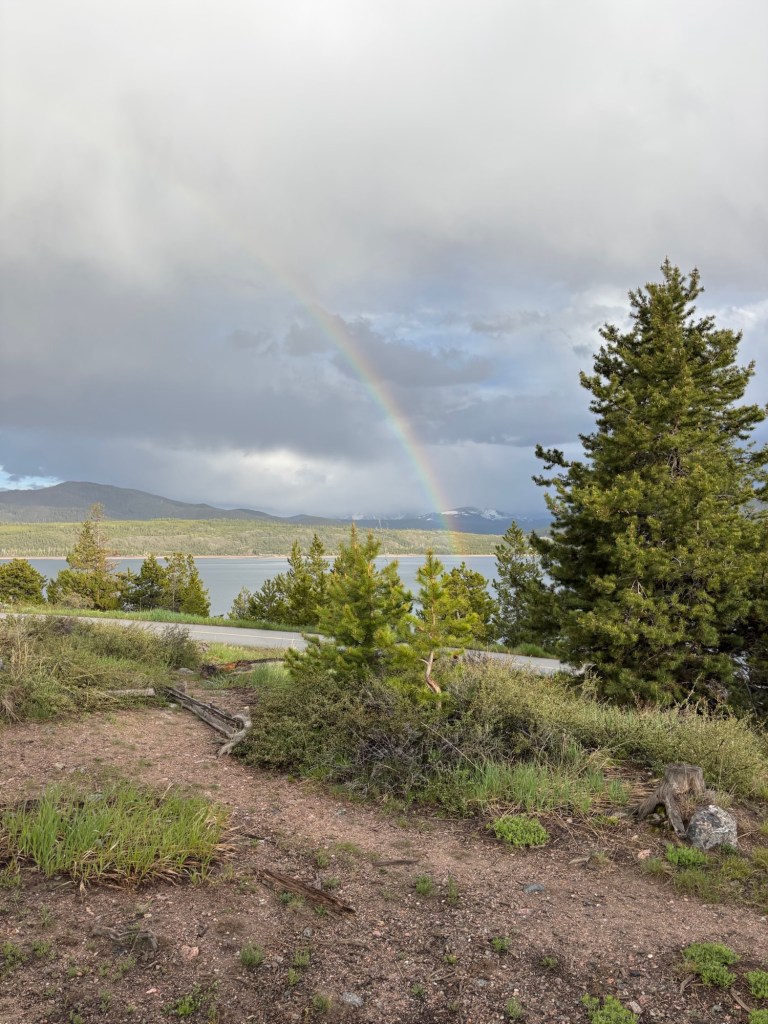
For as long as I can remember, I have been fascinated by the rapture. As a child, I had relatives who attended a church that occasionally predicted raptures. My earliest rapture memories are a general concern that my aunts and cousins might disappear and no longer be at family holidays. (They always were and are still on Earth today, so far as I know.) For the last rapture planned during my childhood, I was as a teenager. We were at my grandparent’s house and my mom and grandma were having a wonderful time discussing a specific detail of this particular rapture. My relatives were allowed to pack a single suitcase. What would they pack, mom and grandma wondered. As they debated, I thought about bringing my beloved books and saltines with me. (I love crackers.) In the end, my grandma decided she’d bring a suitcase full of booze and cigarettes, figuring with that she could barter for everything she might need in Heaven. She was a pragmatic lady, and it’s not surprising she was never invited into the rapture crew. I still ponder the mechanics of being called to Heaven, but thinking you could bring a suitcase. Were there weight limits? Size restrictions? What was stopping you from bringing a huge trunk with a non-believer stowaway inside?
My second rapture interaction was during the publication of the Left Behind series of books. In the late 90s, I was traveling weekly for work. One trip I found myself returning home having finished the book I brought. Facing a long flight with nothing to read was unacceptable, so I headed to the airport bookstore. At the front there was a display filled with a colorful series of science fiction looking novels. I read the back of the first one and was enthralled with the plot – rapture! How exciting! And there was a whole series to read, so if it was good I could keep reading them for weeks. The first one was okay, but they steadily got worse. I think I made it through the sixth one (there are twelve) before I realized these weren’t just a novel series, but propaganda. I often think of sweet little me in my twenties sitting on my airplanes reading the Left Behind series. It’s amazing I didn’t get picked up by some cult leader and indoctrinated.
Now, with the advent of the internet and social media, I pay attention whenever a rapture event is predicted. It gives me a chance to reconsider what I’d pack in my suitcase, miss my grandma, and marvel at how we used to not have online reviews to know if a book had an ulterior motive. Each new rapture event is unique in its details. Tomorrow’s predicted rapture has me pondering questions I’ve never considered before. For a worldwide rapture, does the gathering of the believers roll across the Earth or does everyone go up at once? People are reporting that New Zealand hasn’t yet experienced rapture, but is it like Santa Claus? Or is there a queue where you get pulled from the most worthy to least, just in case heaven fills up? Also, do pets stay or go? Why will there be piles of clothes? Were my relatives anticipating going up with their heavenly suitcase butt naked? I bet they packed clothes. I would have if I knew that detail. Or maybe yarn and knitting needles in case clothes were prohibited, but raw materials weren’t. There’s a lot to consider.
I’m planning on tomorrow’s rapture being another bust for those hoping to be swooped up to Heaven, but for me, it’s already been a success. My periodic rapture curiosity was exercised and fulfilled. But just in case, I know my grandmother’s heathen granddaughter will still be here tomorrow. If you get called up, drop me a note if you need your stove turned off or your plants watered. I’m assuming you can text me on your way up and will remember to bring your iPhone. Don’t forget a charger, just in case Heaven has plugs!
